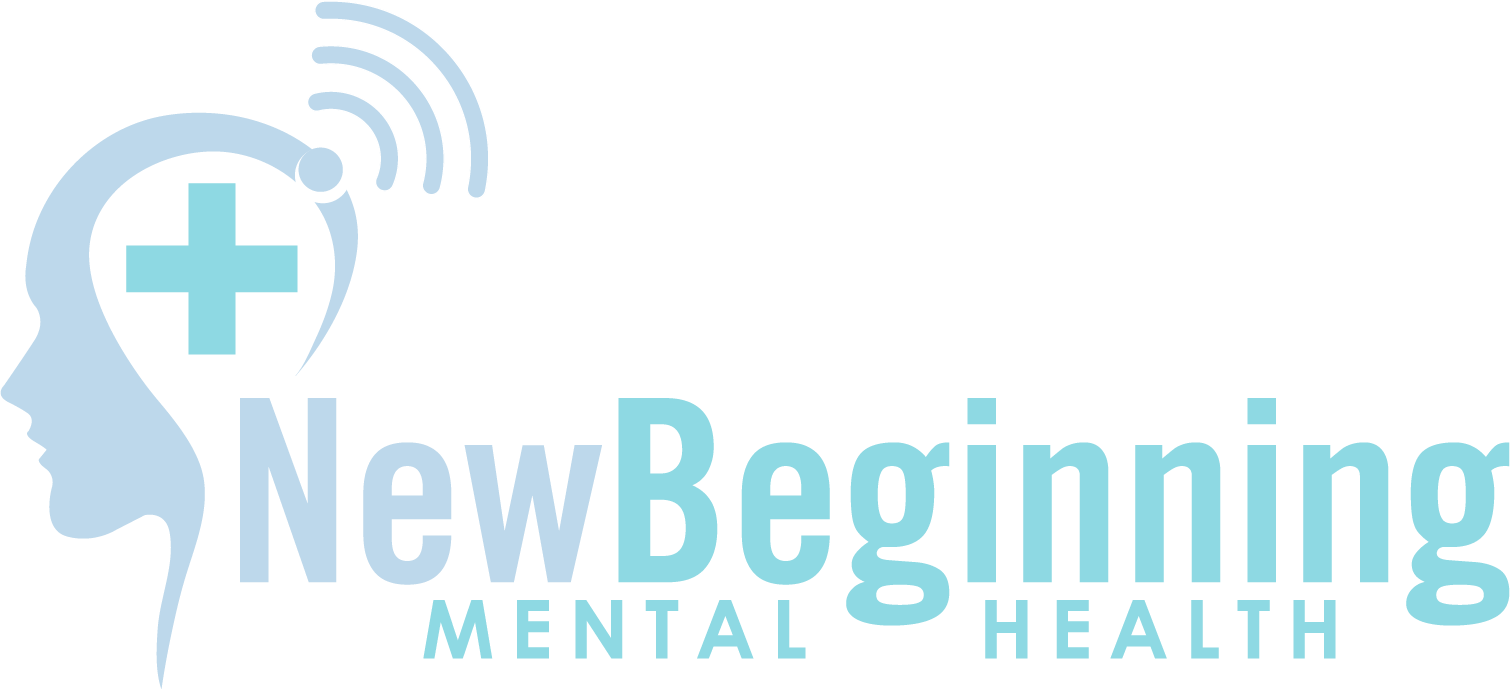Anxiety treatment

- Anxiety
What is Anxiety?
Anxiety is not who you are!
Anxiety is something that you can overcome. People have been experiencing anxiety since before recorded history, and the treatments for anxiety have evolved through practice and science. We can work together to help you overcome anxiety and start living your life again. Treatment for anxiety may require medication depending on what specific type of anxiety you are suffering from. In addition to medication, treatment may require dietary changes, a study of mindfulness, and learning how to redirect, schedule, or simply postpone your worries.
Emotional Distress
Do you have trouble controlling your emotions? Do you have outbursts of anger, or become overwhelmed by sadness? Do your emotions feel like a roller coaster that you cannot escape from? For many people, emotions can rule their lives and they have no understanding of why they do not have the control that others seem to. Do these unstoppable emotions destroy all of your relationships with friends and partners?
When we meet, we will discuss your emotional distress and place it in the context of up-to-date research. We will discuss others who experience the same problems, and we will discuss your diagnosis.
You Can Take Control!
Even though right now it may feel impossible to get control of your emotions there has been a great deal of research into the topic and in the last 20 years, effective treatments have become available. Medication may help with this treatment depending on your specific diagnosis, but it needs to be carefully considered.
There are 4 prongs of treatment for emotional regulation based on the latest therapies. First, you should learn what your tolerance to distress is, and learn to tolerate distress, second you should learn basic mindfulness and how to exist in the now instead of the past or the future. After you fulfill these goals, you can look at skills to regulate your emotions, and be more effective in interpersonal relationships.
This will often sound like a lot, but with some simple daily practices that can be done in about 15 minutes a day, you can maintain these skills after you have learned them for the rest of your life. This can lead to less daily stress, better relationships, and can help you stay off the emotional roller coaster.
- Get Started
